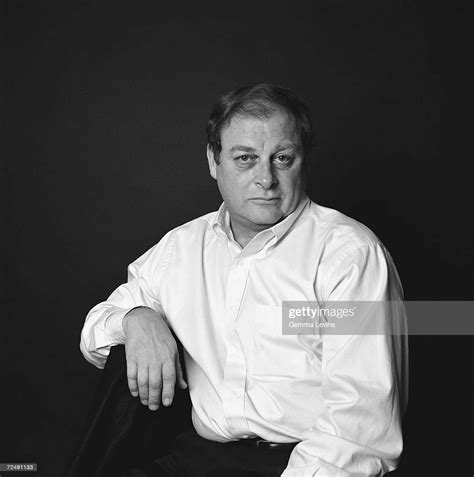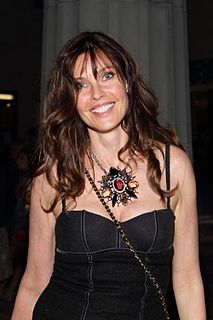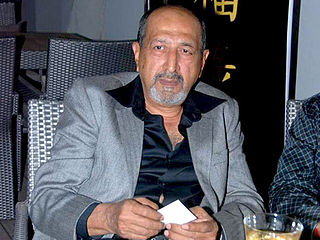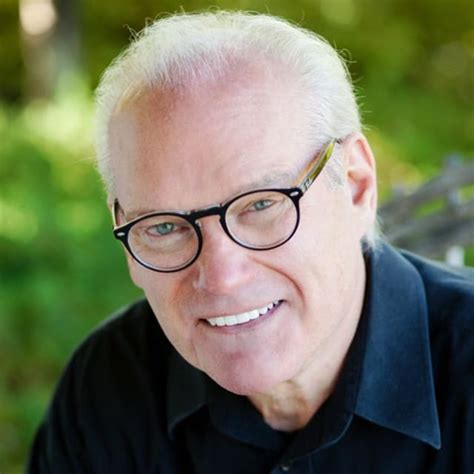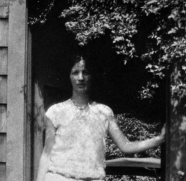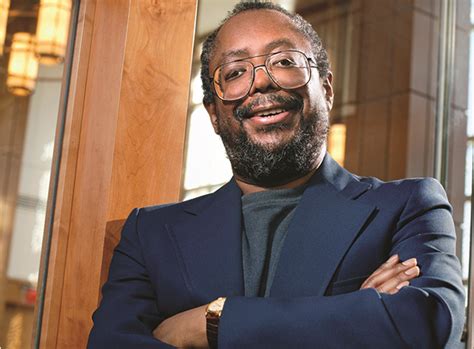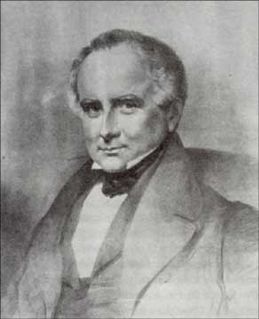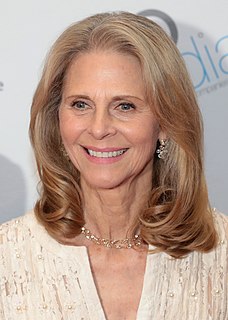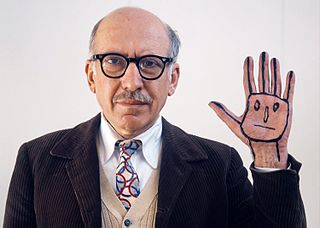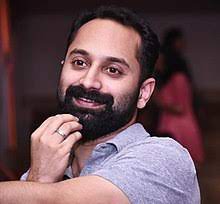Top 1200 Fact And Fiction Quotes & Sayings
Explore popular Fact And Fiction quotes.
Last updated on November 8, 2024.
There's no real objection to escapism, in the right places... We all want to escape occasionally. But science fiction is often very far from escapism, in fact you might say that science fiction is escape into reality... It's a fiction which does concern itself with real issues: the origin of man; our future. In fact I can't think of any form of literature which is more concerned with real issues, reality.
The general consensus among historians, among the ones who can handle the fact that 'Lincoln' is, in fact, historical fiction, is that we demonstrate enormous fidelity to history and that, beyond that, we've actually contributed a line of thinking about Lincoln's presidency that's somewhat original.
There's the fact that American fiction is basically the most apolitical fiction on the globe. A South American writer wouldn't dare think of writing a novel if it didn't allude to the system into which these people are orchestrated - or an Eastern European writer, or a Russian writer, or a Chinese writer. Only American writers are able to imagine that the government and the corporations - all of it - seem to have no effect whatsoever.
We sometimes drive ourselves crazy with how our books will be "seen," when in fact we already know what they're about, and where our obsessions are. If we can spin those obsessions into fiction, then there's a decent chance they will be "fiction-worthy," as you call it. The idea of the "sweep of ideas" is a complicated one.
Writing fiction is not a profession that leaves one well-disposed toward reading fiction. One starts out loving books and stories, and then one becomes jaded and increasingly hard to please. I read less and less fiction these days, finding the buzz and the joy I used to get from fiction in ever stranger works of non-fiction, or poetry.
Science fiction properly conceived, like all serious fiction, however funny, is a way of trying to describe what is in fact going on, what people actually do and feel, how people relate to everything else in this vast sack, this belly of the universe, this womb of things to be and tomb of things that were, this unending story.
I would say that most of my books are contemporary realistic fiction... a couple, maybe three, fall into the 'historic fiction' category. Science fiction is not a favorite genre of mine, though I have greatly enjoyed some of the work of Ursula LeGuin. I haven't read much science fiction so I don't know other sci-fi authors.
Science fiction, as I mentioned before, writes about what is neither impossible nor possible; the fact is that, when the question of possibility comes up in science fiction, the author can only reply that nobody knows. We haven't been there yet. We haven't discovered that yet. Science fiction hasn't happened.
There is really no fiction or non-fiction; there is only narrative. One mode of perception has no greater claim on the truth than the other; that the distance has perhaps to do with distance - narrative distance - from the characters; it has to do with the kind of voice that is talking, but it certainly hasn't to do with the common distribution between fact and imagination.
In journalism just one fact that is false prejudices the entire work. In contrast, in fiction one single fact that is true gives legitimacy to the entire work. That's the only difference, and it lies in the commitment of the writer. A novelist can do anything he wants so long as he makes people believe in it.
Reality and fiction are really mixed up. The frontier between reality and fiction is tremendously porous and slippery. And in fact, when I remember something that has happened to me a long time ago, let's say twenty years ago, many times I'm not sure if I have actually lived what I am recalling, or I have dreamed about it, or I have written about it, or I have imagined it all.
We're growing up with a very illiterate bunch of children who have somehow been taught that film is fact when, in fact, it's invention. Hopefully, an historical film will inspire people to go and read about the history but in the end it is a work of fiction and selection. As for the armour itself, no it wasn't particularly comfortable.




